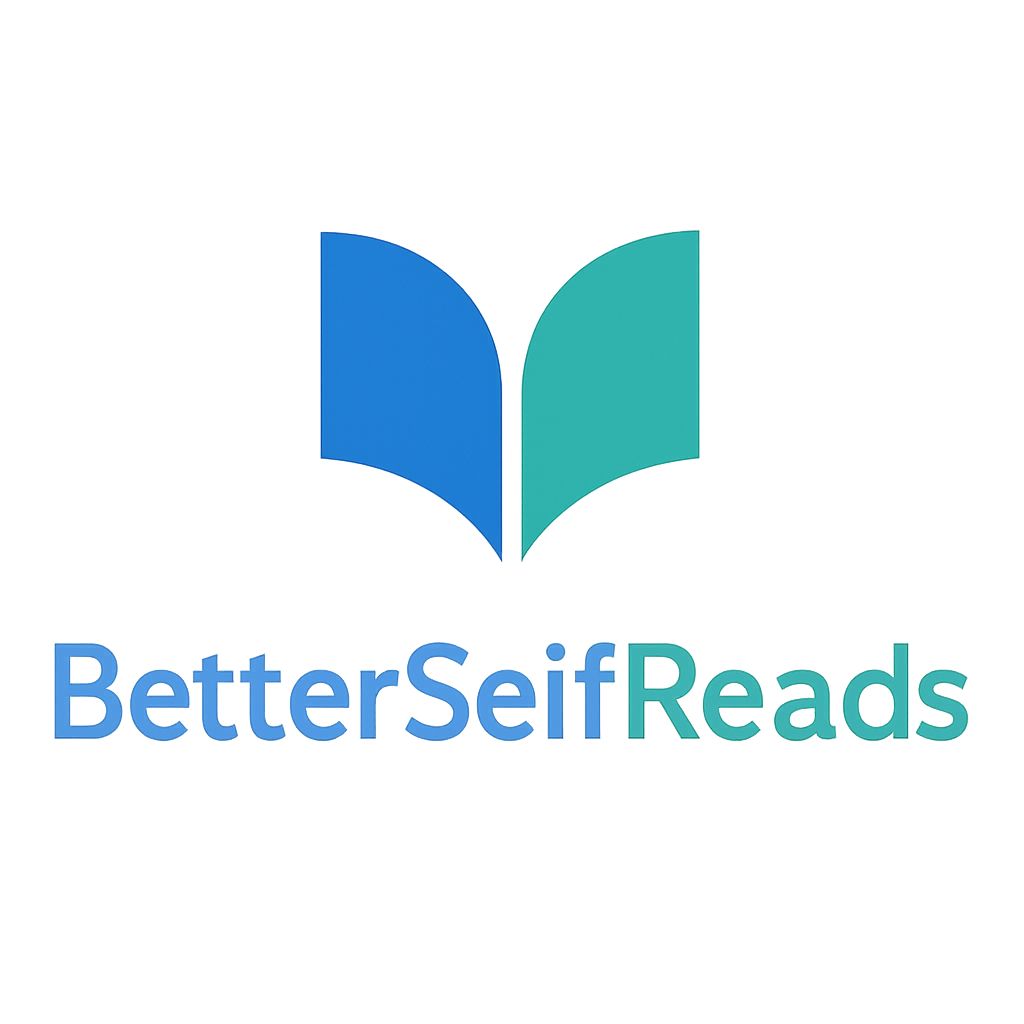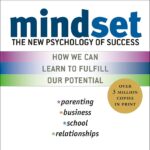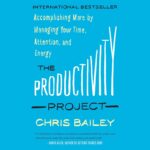
In a world that never stops moving, finding peace can feel impossible. Many people search for quick fixes to improve their mental well-being therapy apps, meditation, or digital detoxes but there’s one simple, timeless habit that often gets overlooked: reading daily.
If you’ve ever wondered how reading could actually help your mind, this article will show you the real mental health benefits of reading daily and how just 15–30 minutes a day can calm anxiety, sharpen focus, and even make you feel happier.
Let’s explore why this simple habit might be one of the most powerful tools for your emotional and mental health.
Why Reading Daily Matters More Than Ever

Our attention is constantly pulled in every direction social media, endless notifications, and digital overload. Reading daily offers a rare escape from that chaos. It’s a moment where your brain slows down, your body relaxes, and your thoughts focus on a single, meaningful thread of words.
This quiet act has a measurable impact on mental health. Studies show that even a few minutes of reading can reduce stress by up to 68%, lower heart rate, and ease muscle tension. That’s more effective than listening to music or taking a short walk.
When you read daily, you’re not just gaining knowledge you’re training your brain to be calm, focused, and emotionally resilient.
1. Reading Reduces Stress and Anxiety

One of the most well-known mental health benefits of reading is stress reduction. Immersing yourself in a good book pulls your mind away from daily worries and replaces them with vivid images, ideas, and stories.
Fiction, in particular, allows you to step into another person’s world, which can help distance you from your own anxiety and overthinking. Non-fiction, on the other hand, can give you perspective, tools, and wisdom to handle life better.
Think of reading daily as a form of gentle therapy a safe space where your thoughts slow down and your breathing steadies.
For more practical ways to manage stress and find calm, you might also enjoy our summary of Deep Work by Cal Newport, which explores focus and mental clarity in depth.
2. Reading Improves Focus and Mental Clarity
When you read daily, your brain practices sustained attention. In a world full of distractions, that’s a rare and powerful skill.
Every time you focus on a page or a story, you’re strengthening your mental muscles your ability to concentrate, retain information, and think deeply. Over time, this builds mental clarity, helping you make better decisions and stay present in everyday life.
This benefit alone makes reading one of the simplest and most affordable ways to improve your mental health naturally.
3. Reading Enhances Emotional Intelligence

Reading, especially fiction and memoirs, helps you understand emotions both yours and others’. When you connect with characters on a deep level, you learn empathy, compassion, and perspective.
This emotional growth has lasting effects on your mental well-being. You become more self-aware, less reactive, and better at navigating relationships. It’s no surprise that many therapists encourage clients to read as part of emotional healing.
So, the next time you open a novel, remember: you’re not just enjoying a story you’re training your heart and mind to connect better with the world.
Books that teach emotional intelligence can deeply change how we relate to others you can explore more in our review of Emotional Intelligence 2.0 Summary.
4. Reading Can Ease Symptoms of Depression and Loneliness
Books can be a form of companionship. For people experiencing sadness or loneliness, reading daily provides comfort and connection. It reminds you that you’re not alone others have felt what you feel, and they’ve written about it.
Stories of hope, resilience, and transformation can spark motivation and healing. Even self-help and psychology books can offer guidance when you’re struggling.
Many readers describe reading as “a friend who listens,” which perfectly captures its emotional power.
5. Reading Improves Sleep and Mental Balance

One of the most overlooked mental health benefits of reading daily is better sleep quality. When you read before bed especially a printed book it signals your brain that it’s time to relax.
This helps lower cortisol levels, reduce nighttime anxiety, and create a bedtime routine that promotes mental balance. Just be sure to avoid screens; blue light can disrupt your sleep cycle.
Over time, consistent reading before sleep can reset your body’s internal clock, helping you wake up calmer and more refreshed.
Want to improve your evening routine? Read our guide on Digital Minimalism vs Deep Work, and discover how reducing screen time enhances sleep and focus.
6. Reading Builds a Growth-Oriented Mindset
Beyond relaxation, reading daily shapes the way you think. Books expose you to new ideas, cultures, and perspectives, expanding your mental world.
You begin to see challenges as opportunities for growth, not obstacles. You start believing that change is possible and that mindset alone can dramatically improve your mental health.
This is why successful people often read every day it keeps their minds flexible, inspired, and emotionally strong.
7. Reading Creates a Daily Mindfulness Practice
Mindfulness isn’t just about meditation. When you read with full attention absorbing each word and feeling each emotion you are practicing mindfulness.
You’re in the present moment, free from distractions and mental noise. This daily habit helps you stay centered throughout the day, even when life gets stressful.
Reading daily turns your book into a meditation tool a quiet ritual that feeds your mind and soul.
8. Listening to Books: A Powerful Alternative for Mental Health

While reading daily is deeply beneficial, listening to audiobooks offers many of the same mental health advantages especially for those who find it hard to sit and read.
Listening to books allows you to engage your imagination and emotions while freeing your hands and eyes. Whether you’re driving, walking, or relaxing, audiobooks can calm your mind and reduce anxiety just like traditional reading.
In fact, for some people with ADHD or visual fatigue, listening can even improve focus and comprehension. The rhythm of a narrator’s voice, paired with powerful storytelling, helps you stay grounded and emotionally connected.
If you struggle to build a reading habit, start with an audiobook. The goal is not the format it’s the mental health benefits of reading, whether through your eyes or your ears.
If you prefer learning through sound, check out our list of the Best Self-Help Audiobooks to Listen to in 2025.
How to Make Reading a Daily Habit
If you want to experience the mental health benefits of reading daily, start small and stay consistent. Here are a few simple tips:
Set aside 15–20 minutes each morning or before bed.
Choose books you truly enjoy not what you think you “should” read.
Keep a book nearby (in your bag, on your nightstand, or phone app).
Join a book club or reading challenge for motivation.
Disconnect from screens while you read to give your mind a real break.
The goal isn’t to read more it’s to read meaningfully.
If you’re interested in how small habits can transform your life, check out our article on How Changing One Habit Can Lead to Massive Life Changes.
Turning Reading into a Healing Ritual
Once reading becomes part of your daily rhythm, it starts to feel less like a task and more like a peaceful ritual. Imagine beginning or ending your day with a cup of tea and a few quiet pages it’s a small act that tells your mind: “You’re safe now. You can slow down.”
This consistency builds emotional balance. Each time you sit with a book, your brain releases dopamine, the “feel-good” chemical linked to motivation and pleasure. Over time, this habit rewires your brain for calmness, presence, and gratitude.
Reading daily doesn’t just add knowledge it helps you feel grounded, connected, and emotionally stable. The more you read, the more you notice subtle shifts in your thinking, your patience, and even the way you talk to yourself.
That’s what makes the mental health benefits of reading daily so powerful it’s not about escaping reality but about learning to live more peacefully within it.
Final Thoughts: Reading as a Form of Self-Care
At its core, reading daily is an act of self-care. It doesn’t require expensive therapy, a gym membership, or complex routines just time, curiosity, and consistency.
When you open a book, you open your mind. You give yourself a moment to breathe, learn, and grow. And that’s where healing begins.
So the next time life feels overwhelming, remember: peace might just be waiting on the next page.
Frequently Asked Questions About the Mental Health Benefits of Reading Daily
1. How does reading help improve mental health?
Reading daily calms the nervous system, reduces cortisol (the stress hormone), and gives your mind a healthy escape from daily pressures. It helps you focus, slow down racing thoughts, and process emotions in a healthy way. Whether you read fiction or self-help books, the act of reading supports emotional regulation and mental clarity.
2. Can reading really reduce anxiety and stress?
Yes. Studies show that reading can lower stress levels by up to 68%. When you immerse yourself in a story, your breathing slows, your muscles relax, and your brain enters a meditative state similar to mindfulness or deep breathing exercises. It’s one of the simplest, most effective ways to ease anxiety naturally.
3. How long should I read each day for mental health benefits?
Even 15 to 20 minutes a day can make a noticeable difference. The key is consistency, not duration. Making reading part of your daily routine morning, lunch break, or before bed can help stabilize your mood and improve your emotional resilience over time.
4. Are audiobooks as effective as reading physical books?
Absolutely. Listening to books offers similar mental health benefits of reading such as relaxation, focus, and emotional connection. Audiobooks are especially helpful for people who struggle to focus on text or prefer to “read” while commuting, walking, or doing chores.
Your Turn: What Does Reading Mean to You?
Now that you know the mental health benefits of reading daily, take a moment to reflect.
Has a certain book ever helped you through a tough time? Or maybe reading before bed helped you find calm after a stressful day?
Share your story in the comments below your experience might inspire someone else to pick up a book today.
And if you’re just starting your reading journey, set a simple goal: 15 minutes of reading each day this week.
You’ll be surprised how quickly this small habit can lift your mood and bring peace to your mind.
📚 Remember: every page you read is a small act of healing.




